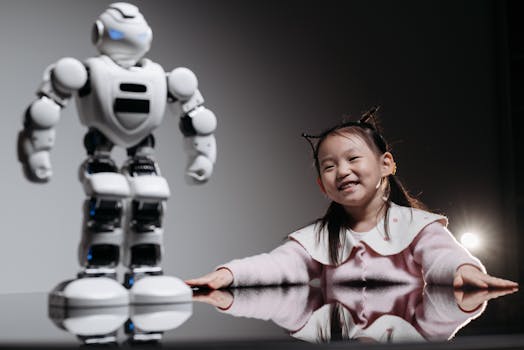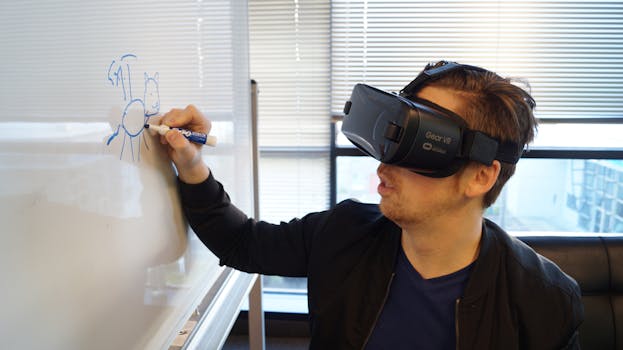
The Future of Education: What 2025 Holds
The future of education is rapidly evolving, with technological advancements and shifting societal needs driving change. In 2025, we can expect significant developments in personalized learning, artificial intelligence, and virtual reality. As we look to the future, it’s essential to consider the trends and innovations that will shape the education sector.
Personalized Learning

Personalized learning is an approach that tailors the learning experience to each individual student’s needs, abilities, and learning style. In 2025, we can expect to see widespread adoption of personalized learning platforms, which use data and analytics to create customized learning plans. These platforms will use artificial intelligence to identify knowledge gaps and provide targeted interventions to support student learning.
Artificial Intelligence

Artificial intelligence (AI) is poised to revolutionize the education sector in 2025. AI-powered tools will be used to automate administrative tasks, freeing up teachers to focus on teaching and mentoring. AI will also be used to create interactive and engaging learning experiences, such as virtual reality field trips and simulated labs.
Virtual Reality

Virtual reality (VR) is another technology that will play a significant role in shaping the future of education in 2025. VR will be used to create immersive and interactive learning experiences that simulate real-world environments. This will allow students to explore complex concepts and systems in a safe and controlled manner.
Online and Distance Learning

Online and distance learning will continue to grow in popularity in 2025, as students increasingly demand flexible and accessible learning options. Online learning platforms will use AI and machine learning to provide personalized learning experiences, and virtual reality will be used to create immersive and interactive learning environments.
Skills and Competencies

In 2025, the skills and competencies required for success will shift significantly. Students will need to develop skills such as critical thinking, creativity, and problem-solving, as well as emotional intelligence and social skills. Education systems will need to adapt to these changing requirements, placing a greater emphasis on developing the whole child, rather than just academic achievement.
Conclusion

The future of education in 2025 will be shaped by technological advancements, shifting societal needs, and changing skill requirements. As we look to the future, it’s essential to consider the trends and innovations that will shape the education sector, and to ensure that our education systems are equipped to provide students with the skills and competencies they need to succeed in an increasingly complex and interconnected world.





